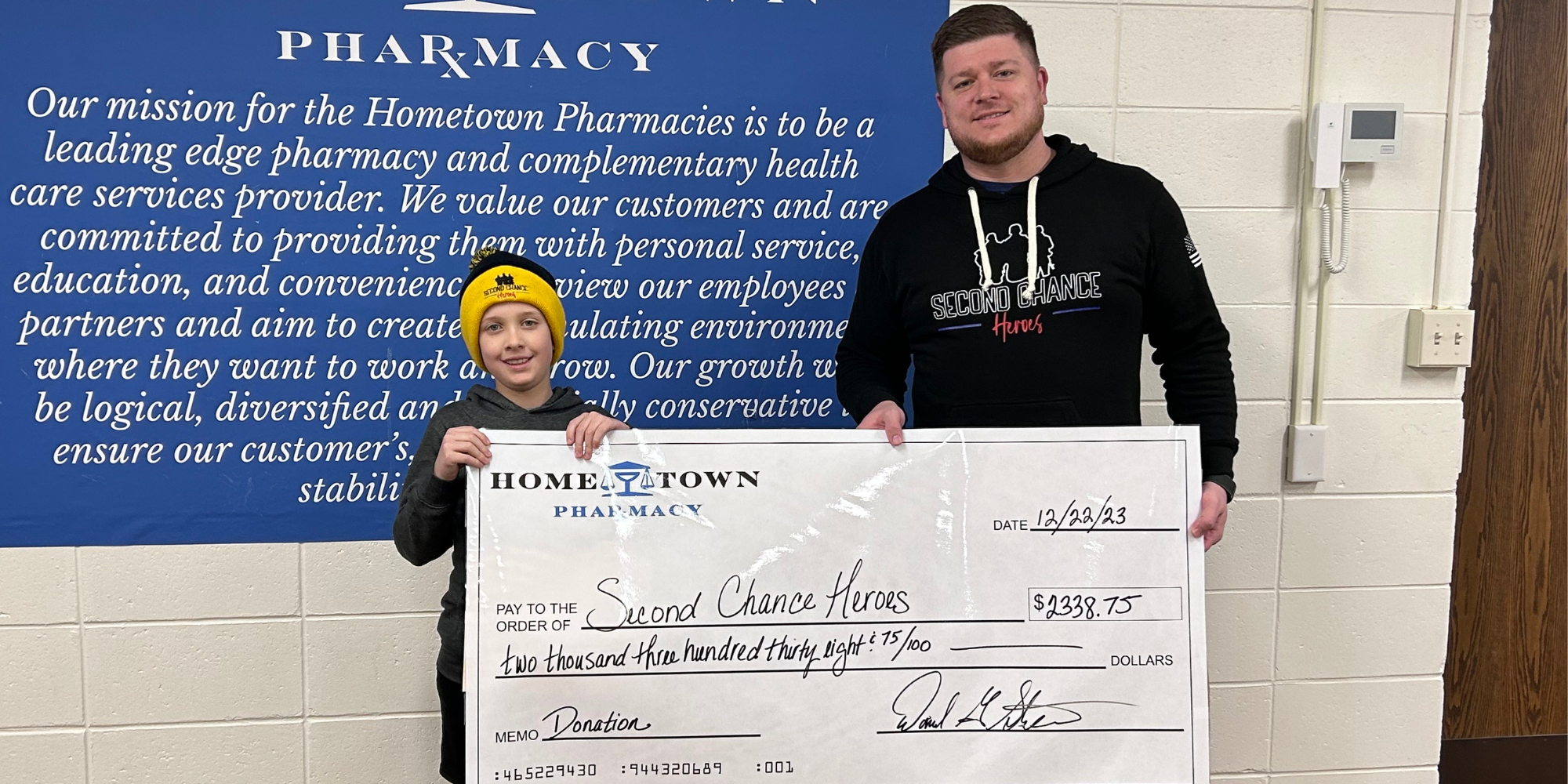

Preventing Falls in Patients 65 Years And Older
According to the CDC, thirty million older adults fall each year, 20% of which results in a serious injury, including broken bones or head injuries. Even worse, Wisconsin has the highest rate of deaths due to falls in people over the age of 65 in the entire nation.
Fall prevention is extremely important for several reasons. Besides damaging your pride, most falls cause minor injuries like bruises and scrapes. However, more serious injuries like hip fractures and head injuries can occur and these put older adults at greater risk of loss of mobility and independence, which increases the likelihood of nursing home placement. Even if a fall doesn’t result in injuries, it can lead to a fear of falling, which can further increase the risk of falling. Looking at the bigger picture, the estimated cost for fall related injuries in people over 65 was $50B in 2015.
 One of the best ways to prevent falls is to be aware of the risk factors. Some of these factors, like age or gender, can’t be changed. The principal risk factors are trip hazards, lower extremity weakness, poor balance, and vision impairment. Removing and reducing trip hazards, like rugs, cords, and obstacles, is the simplest and easiest remedy. To address problems with weakness and balance, it is important to improve and maintain leg and core strength. Programs specifically for seniors are available. Vision impairment can be minimized by making sure the area has adequate lighting and that glasses, if used, are worn.
One of the best ways to prevent falls is to be aware of the risk factors. Some of these factors, like age or gender, can’t be changed. The principal risk factors are trip hazards, lower extremity weakness, poor balance, and vision impairment. Removing and reducing trip hazards, like rugs, cords, and obstacles, is the simplest and easiest remedy. To address problems with weakness and balance, it is important to improve and maintain leg and core strength. Programs specifically for seniors are available. Vision impairment can be minimized by making sure the area has adequate lighting and that glasses, if used, are worn.
 People are often surprised to learn that medication can also contribute to falls, especially medication that affects behavior, mood, thoughts or perception. This includes antidepressants, and anti-anxiety and sleeping pills. This occurs because medication often has side effects like dizziness and/or drowsiness, poor sleep, blurred vision, or problems moving, walking, or being unsteady on the feet. You can imagine how all of these things might increase the risk of falling. Older people tend to be more sensitive to the effects of medication because it can take longer for the liver or kidneys to process it, meaning the medication sticks around in the body longer. Also, older people often take more medication, and being on four or more medications may increase the risk of falling due to additive side effects.
People are often surprised to learn that medication can also contribute to falls, especially medication that affects behavior, mood, thoughts or perception. This includes antidepressants, and anti-anxiety and sleeping pills. This occurs because medication often has side effects like dizziness and/or drowsiness, poor sleep, blurred vision, or problems moving, walking, or being unsteady on the feet. You can imagine how all of these things might increase the risk of falling. Older people tend to be more sensitive to the effects of medication because it can take longer for the liver or kidneys to process it, meaning the medication sticks around in the body longer. Also, older people often take more medication, and being on four or more medications may increase the risk of falling due to additive side effects.
If you are concerned about any of your medication, start by talking with your provider or pharmacist before making any changes on your own. They may be able to replace high risk medication with safer alternatives. Supplements like CBD, melatonin, and magnesium can be useful non-prescription options to manage anxiety or sleep.
 Also, choose a pharmacist that has time to answer your questions and use that same pharmacy for all your prescriptions. By using one pharmacy, even if you have multiple prescribers, all your medication will be on file in one location so that duplications, interactions, and allergies can be caught. Finally, consider making an appointment for a medication review with your pharmacist. Medication reviews are different from the information you get when receiving a new prescription. These can be targeted where the pharmacist looks for medication that may increase the risk of falling. They can also be comprehensive, where the pharmacist looks at all your medication, makes sure that it is necessary, and that there are no side effects or drug interactions. Additionally, it may also be possible to consolidate dosing to make the medication easier to take.
Also, choose a pharmacist that has time to answer your questions and use that same pharmacy for all your prescriptions. By using one pharmacy, even if you have multiple prescribers, all your medication will be on file in one location so that duplications, interactions, and allergies can be caught. Finally, consider making an appointment for a medication review with your pharmacist. Medication reviews are different from the information you get when receiving a new prescription. These can be targeted where the pharmacist looks for medication that may increase the risk of falling. They can also be comprehensive, where the pharmacist looks at all your medication, makes sure that it is necessary, and that there are no side effects or drug interactions. Additionally, it may also be possible to consolidate dosing to make the medication easier to take.
As we age, our risk of falling increases and the outcomes of falls more consequential. Knowing the risks and mitigating the causes can keep us active and ambulatory in our Golden Years. Be sure to talk with your Hometown Pharmacy pharmacist if you have any questions or concerns about your fitness or medication regimen.
She now lives in Madison and is the lead pharmacist at Waunakee Hometown Pharmacy in Waunakee, WI. Along with spending time with her husband, Jeff, and Basset Hound, Charlie, Heather enjoys biking, playing tennis, photography, gardening and travel.
Heather is especially passionate about helping people achieve their health and wellness goals through promotion of healthy lifestyles and appropriate use of medication and supplements.


.jpg?ext=.jpg)





Comments